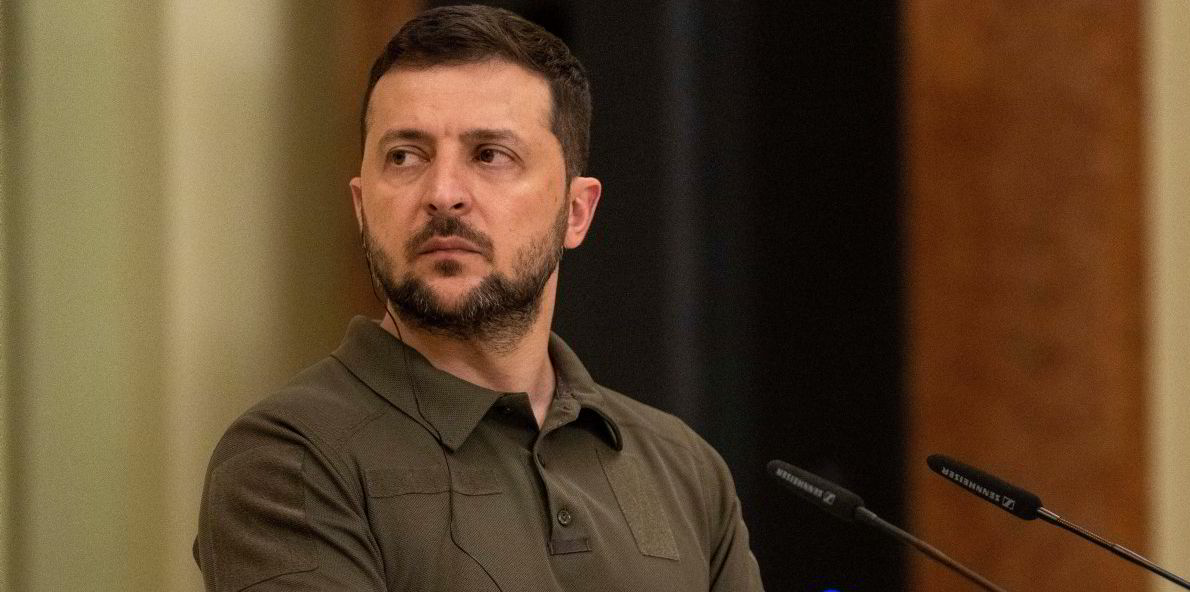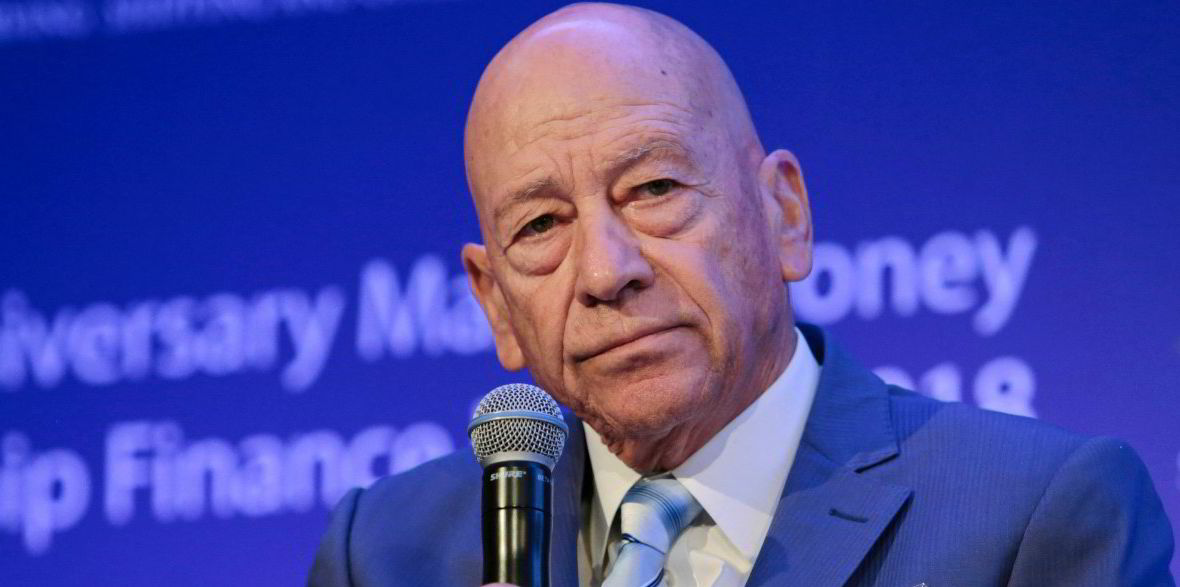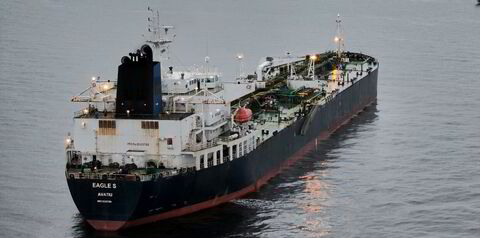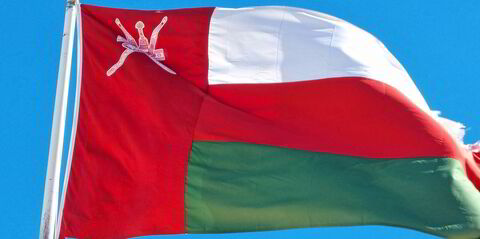For the second time since April, Ukrainian president Volodymyr Zelenskyy has attempted to whip up public opinion against seaborne Russian oil exports — particularly the Greek tankers that carry a lot of it.
“We see Greek companies providing almost the largest tanker fleet for the transportation of Russian oil,” Zelenskyy told an Economist conference in Athens on Tuesday, speaking via weblink.
“I am sure that this does not meet the interests of Europe, Greece or Ukraine. This is just one example of the need for even greater unity, so that Russia is forced to seek peaceful solutions.”
Greeks are the world’s single biggest tanker owners and were the most active transporters of Russian oil even before the invasion of Ukraine in February.
Their market share has increased since, according to several market observers, as several Western shipping companies self-sanction from the trade — for moral reasons or to avoid bad press in their countries.
Seven of the nine owners whose vessels made multiple deliveries of Russian crude to India in May were Greek, according to data from the Finland-based Centre for Research on Energy & Clean Air.
“What’s really shifted are these loads to India and the Middle East, which didn’t effectively exist before the war started,” said the centre’s lead analyst, Lauri Myllyvirta. “The capacity to run those trade routes has been predominantly provided by the Greeks.”
Ukraine’s foreign minister, Dmytro Kuleba, also took a sideswipe at Greek tanker owners in an interview with website LB.ua, saying they are “basically pulling Russia out of the oil embargo”.
“I urge partners: restrict Russia’s access to their services and deplete Putin’s war machine,” he later said on Twitter.
Asked to comment on Zelenskyy’s statements later in the day during the conference, Greek owner Evangelos Marinakis said Greek oil transports are in line with current European Union sanctions that allow Russian crude imports until the turn of the year.
Repeating a point he made last month, the Capital Maritime & Trading chairman said Europe’s dependence on Russian oil cannot be overcome overnight.
“What the Greek tonnage is transporting is oil that has been already contracted and is fully approved by the EU,” he said.

“It’s something that our countries desperately need. It’s not like we’re violating any law or any embargo — it’s something that is needed, and thank God we’re here to provide stability.”
His statements are in line with remarks made by Melina Travlos, head of the Union of Greek Shipowners, at Posidonia last month.
Marinakis urged European politicians to look for “radical steps” to settle the conflict.
“We should see more initiatives from the politicians in Europe to find a solution for peace. We see record oil and gas prices — our economies can’t hold on for too longer,” he said.
Speaking at the same conference, fellow Greek owner Angeliki Frangou beat the same drum.
“Governments do the policy and they create the trading patterns … [they] make the rules, we follow them,” she said.
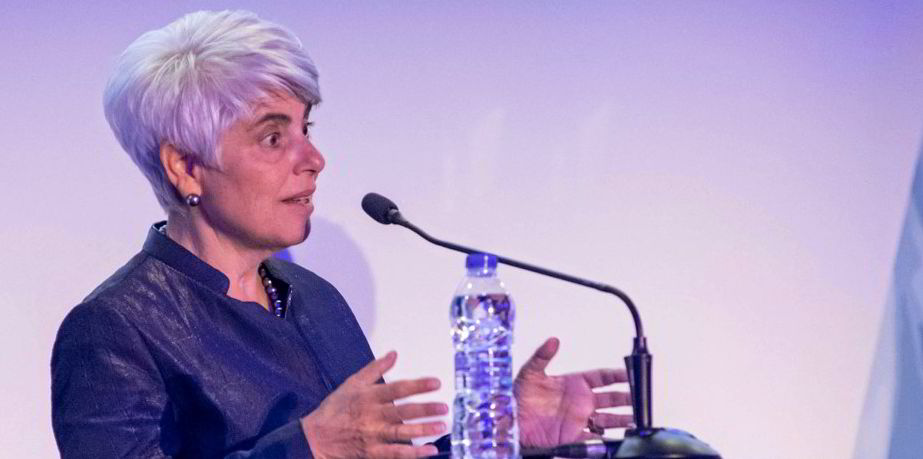
The Navios Maritime Partners CEO also criticised the confusion created by media reports about another Greek tanker allegedly carrying sanctioned oil, which in the end turned out to have been sanctions-compliant crude from Kazakhstan.
“It was frontline news in The Wall Street Journal. All of a sudden it was considered illegal. There was nothing illegal. It was totally legal oil coming into the US,” she said.
Speaking about Ukrainian grain exports and the global food crisis their collapse may cause, Frangou is optimistic that the situation can be rectified quickly once the conflict is resolved.
“The good thing is, disruption of grain supplies can recover in a couple of crops,” she said. “I’m always optimistic that this will happen.”
